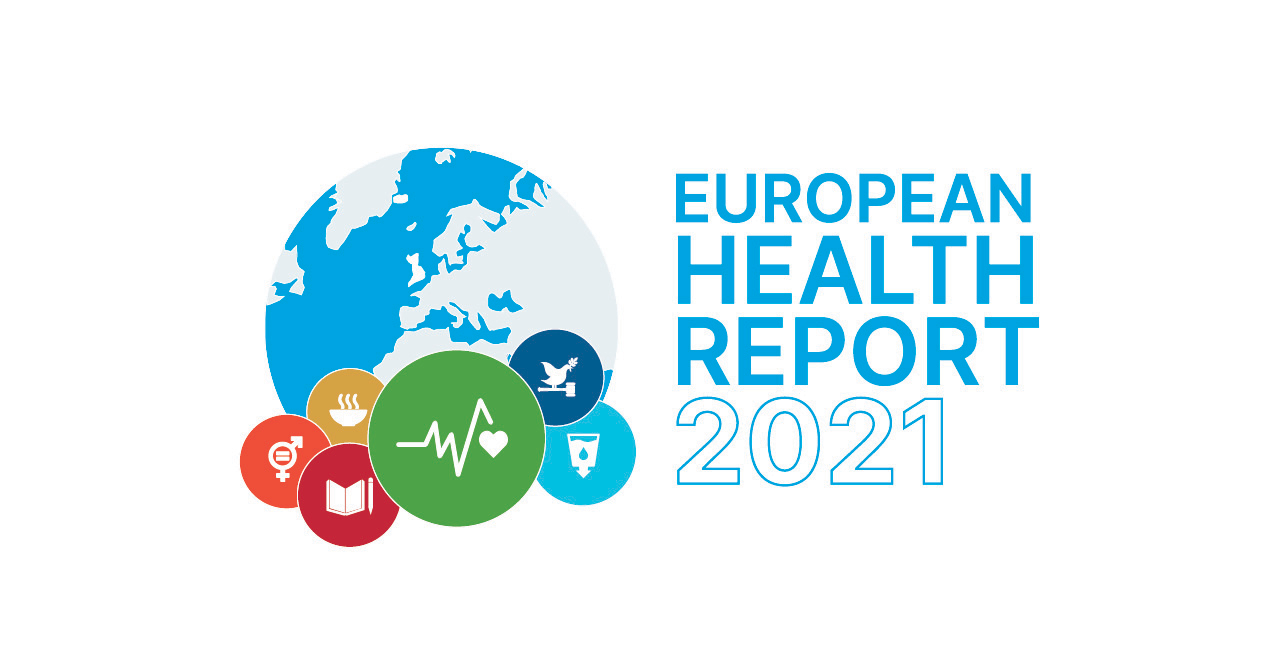Over the last couple of years, COVID-19 and its containment measures have disrupted many essential health services. Countries across the WHO European Region have been relying heavily on telemedicine to continue to provide care beyond the walls of
hospitals and clinics, and to increase access in remote locations.
In 2020, the United Kingdom introduced telemedicine medical abortion, enabling women to terminate pregnancies in the comfort of their homes. Positive feedback prompted Berlin’s Family Planning Center BALANCE to develop a similar project in cooperation
with Doctors for Choice Germany to improve access to medical abortion in the country.
The Schwangerschaftsabbruch-zuhause “Abortion at home” project
For many years, abortion providers in Germany have reported an increase in barriers for patients, including a lack of qualified centres and providers. This reflects poor government funding for the education and training of doctors and midwives in medical
abortion procedures.
Women also often face humiliation and harassment when going to clinics, as abortion is unlawful but unpunishable during the first trimester if the woman undergoes mandatory counselling and a waiting period of 3 days. The Schwangerschaftsabbruch-zuhause
project addresses these barriers by offering supervised abortion services at home.
How does it work? Patients are assisted by a medical team via phone and video calls throughout the procedure. Consultations are conducted online, and medication is taken under the supervision of experts. Confirmation of a successful abortion is made 14–16
days after bleeding by a low-sensitivity pregnancy test which is provided by the team. A data-secure chat and 24-hour emergency number ensure that patients have access to medical help around the clock.
Unmet need for abortion services
At BALANCE in Berlin, 56% of those seeking advice on medical abortion opted for the telemedicine service, 83% indicated that they would opt for it again, and 93.5% said that they would like the service to continue beyond the pandemic.
While the project was originally intended to address access challenges posed by the pandemic, it soon became clear that the demand for telemedicine services reflects a general shortage of abortion care in the country.
The demand for services remains higher than the current capacity of the project. “Currently the project can cover 5 women per week. However, we estimate that 500 women require support every week. Additional funding and support from the Ministry
of Health can help us address this gap in provision and increase capacity to deliver these much-needed services,” explains Dr Jana Maeffert, who led the project alongside 3 other colleagues.
How WHO is supporting countries: sharing knowledge and experience
WHO/Europe has been supporting countries across the Region to mitigate the disruption of maternal and child health services. As part of a larger project that includes 20 countries globally, the Bill & Melinda Gates Foundation has supported WHO’s
work in Romania and Tajikistan, facilitating the exchange of experience between them and between other countries in the Region, including on telemedicine medical abortion in Germany. WHO/Europe is looking forward to presenting more country experiences
and examples of quality care and telemedicine soon.




